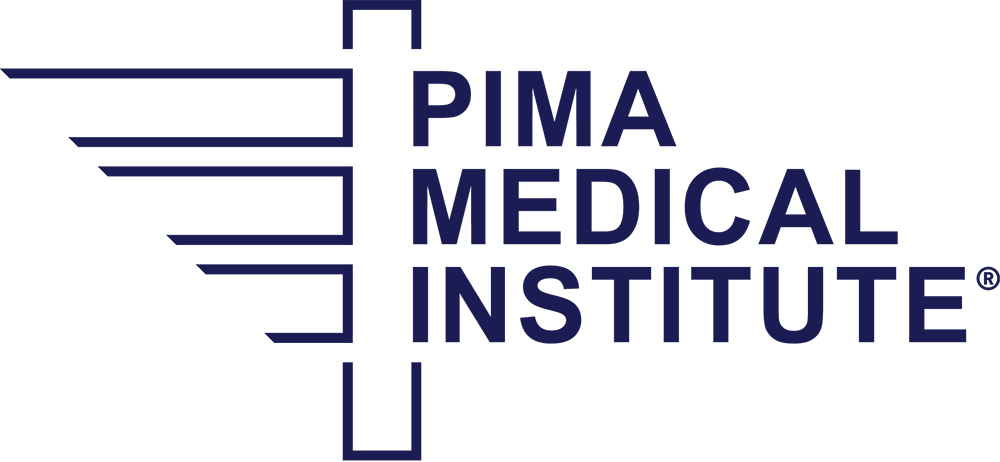Becoming a surgical technologist may be the best career move you ever make. In fact, not only is it a fulfilling job, the skills you learn will last a lifetime. You will also get to experience many different types of surgeries as no day is the same. Check out eight things you should know to help you prepare for your new healthcare career.
- Work with the latest technologies. During your training at Pima Medical Institute, you will learn how to prepare surgical robotics and endoscopic equipment. Specialized surgeries are becoming more in demand, so you will have an advantage of these new surgical practices.
- Patient care. Patient care before, during and after surgeries can include applying sterile drapes around the patient, preparing the operating room with sterile tools and equipment needed, passing instruments to the surgeon throughout the surgery, retracting incision sites, applying bandages, removing the patient from the OR and then cleaning the room. Duties will vary for each healthcare facility, but it is very vital to the patient that you pay attention to detail and advocate for their safety throughout any procedure.
- Career growth opportunities. Like with many jobs, the more experience you have and the more drive and potential you show, the more pay and career advancement opportunities can arise, such as becoming a surgical first assistant.
- Experience through externships. At Pima Medical, you’re required to complete an externship of 480 clinical hours in order to graduate. This will prepare you for your career and give you the confidence you need to be successful while in and out of the operating rooms. Many of our students also have gotten hired by their externship sites.
- National Certification Exam. Once you graduate our Surgical Technology program, you can sit for the National Board of Surgical Technology and Surgical Assisting (NBSTSA) credentialing exam. The curriculum and hands-on training as well as the certification preparation throughout the program will get you ready for the exam.
- You have opportunities outside of hospitals. Although many surgical technologists go on to work in hospitals, there are other opportunities available such as outpatient care centers, physician’s offices and dental offices.
- Crucial part of a healthcare team. You’ll be working with nurses, surgeons and so many others in this career. It’s a great opportunity to learn from them as it will not only help you grow as a healthcare professional but it will also show eagerness and passion in the field.
- You’re making difference. By ensuring the operating rooms, equipment and tools are sterile as well as assisting with whatever the surgeons and nurses need, you are setting up the surgery for the success and safety of the patient.
 Learn about all the instruments and equipment you’ll use during any type of surgery setting during your real-world experience with us.
Learn about all the instruments and equipment you’ll use during any type of surgery setting during your real-world experience with us.If you’d like a healthcare career that will keep you on your toes and no day will be the same, consider a career as a surgical technologist.



